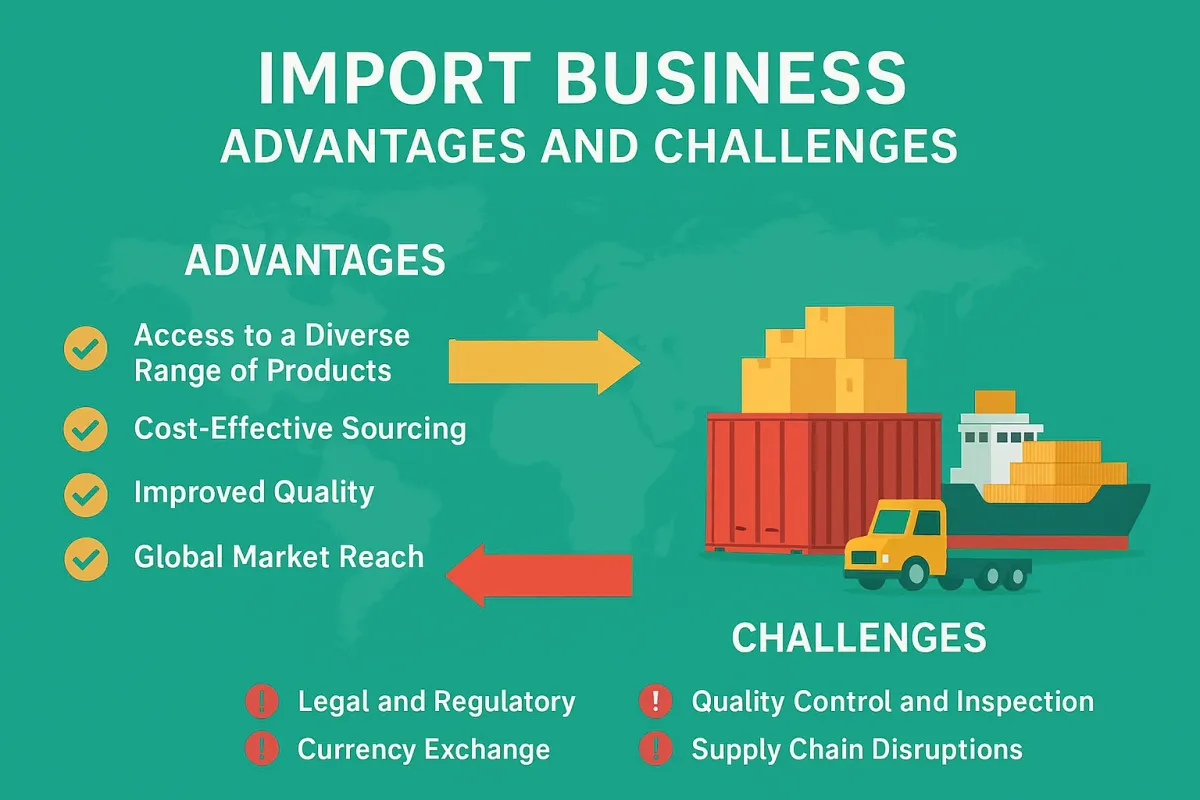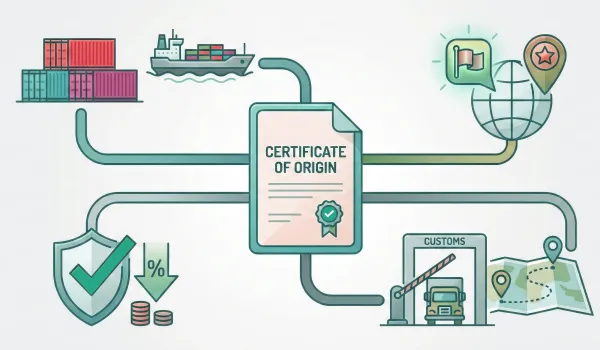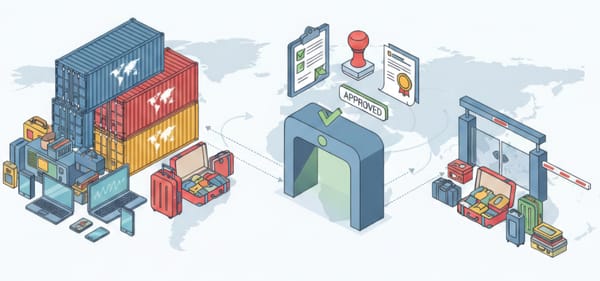Import Business: Key Advantages and Common Challenges Explained

The import business is perhaps one of the rewarding ventures any entrepreneur may wish to undertake with the aim of extending their market dominion as well as widening their range of products. Otherwise, through the importation of products, businesses are able to acquire distinct merchandise, cut costs and, therefore, boost their competitiveness. However, similar to any other business venture, it is pertinent to understand the issues with the import business, which are positives and negatives. These are discussed in this article to enhance the readers' perception of the import business domain.
Advantages of Import Business
Access to a Diverse Range of Products
A strong selling point for an import business is that one can sell anything under the sun or virtually anything. Many countries have different types of resources and skills that result in the creation of differentiated products. Thus, the importation of these products will definitely make business inventory more diverse and able to fulfill different demands. These differences also allow businesses to garner more customers, and it also aids them in competing in the largely saturated markets.
Cost-Effective Sourcing
Purchasing goods from other countries is sometimes cheaper than manufacturing them at a local facility. Some countries may produce the same products at a cheaper price from cheap labor or cheaper materials. The benefits of outsourcing to these places give businesses the ability to lower their manufacturing costs, thereby raising profit levels. This is another benefit of the lowest cost provider since it enables the organization to set lower prices for consumers, which increases the sales quantities.
Improved Quality
Often, imported products are considered superior to the locally available ones. For instance, countries known for certain industries will have acquired reputations for the quality of the manufacturing of that particular good or, rather, the overall quality of the raw material used. In this regard, companies can better their product lines and give value to customers by importing these high-quality products from their countries of origin.
Global Market Reach
A global market will be opened through the import business. Companies will establish ties with overseas suppliers and, therefore, extend their market scope beyond borders. As this happens, the company will expand the potential sales of products and increase brand awareness on a worldwide level.
Competitive Advantage
Supplying unique or exclusive items can be very competitive over the local competition. Whenever organizations sell goods that cannot be found in their local market, they attract customers who need to acquire something new and exclusive. The difference will spur customer loyalty and return business.
Building Strong Supplier Relationships
The import business is sustained by a good relationship that has been established with overseas suppliers. Good communication and mutual understanding are essential ingredients in this field of marketing. Good relationships result in good terms, priority access to new products and help during fluctuations in the market.
Challenges in Import Business
Indeed, the advantages of an import business are very luring; however, several obstacles have to be skillfully overcome while running such an enterprise. From dealing with complicated legal and regulatory frameworks to quality control and logistics, importers are expected to battle all these hurdles. To build a successful and sustainable import operation, one needs to know them.
Legal and Regulatory Compliance
Importing goods has been proven to operate based on various legislative regulations and customs laws. The businesses engaged in this should be well aware of the tariffs, licensing requirements, and other legal liabilities prior to importing anything. Thus, not knowing the same can attract heavy fines or hold the shipment back in limbo and further stir the business.
Quality Control and Inspection
The quality of the products forms a considerable element in building customer trust. Inspection and quality control checks by importers are an essential part of ensuring imports are of international standards and free of defects. Quality defect risks can be reduced by seeking third-party inspection agencies.
Currency Exchange Risks
The variations in currency tend to cause fluctuations in the exchange rates, and this would do a lot of damage to profit margins. The importer is liable to experience costs where the purchaser's currency experienced an unfavourable change before payment had been made in that currency.
Supply Chain Disruptions
Global supply chains may be interrupted by some political instability, natural disasters, or economic fluctuations in exporting countries. As a result, delivery is delayed and affects levels of inventory, thus eroding some sales losses.
Logistics and Transportation Challenges
The other great challenge import businesses face is the logistic management of transport arrangements across various borders. It encompasses customs clearance, transportation of duties associated with shipping, and the inherent delays accompanying situations that may include port congestion or regulatory inspections.
Competition from Local Products
While imports might gain an advantage in the marketplace with unique products, this, therefore, means competing against local producers who have already built up a customer base and brand loyalty. An understanding of local market dynamics in positing imported goods is, therefore, crucial.
Conclusion
The import business offers many benefits in the form of having access to varied products, more cost-effective sourcing, better quality and reaching a global market, competitive advantage, and good relationships with suppliers. However, it is associated with various challenges, such as legal issues of compliance, quality control, risks in currency exchange, interruption in the supply chain, and logistics challenges from local products. An entrepreneur interested in entering the import market or already engaged in that business should know both its advantages and disadvantages to ensure success. Businesses, with effective planning and informed choices, can overcome these complexities while making the most of the benefits resulting from the import of goods across the world.


